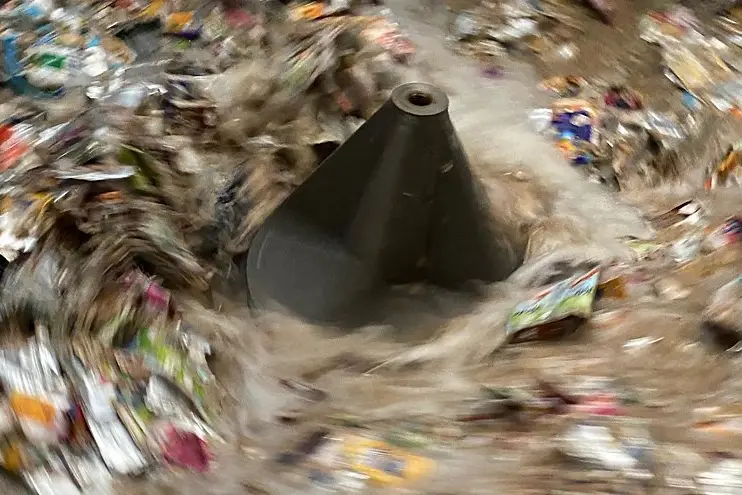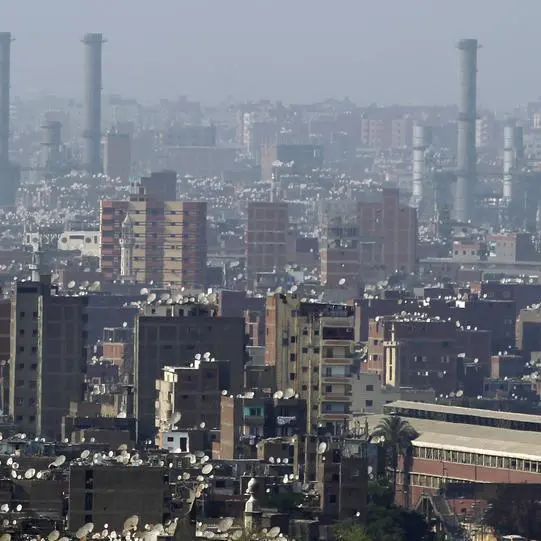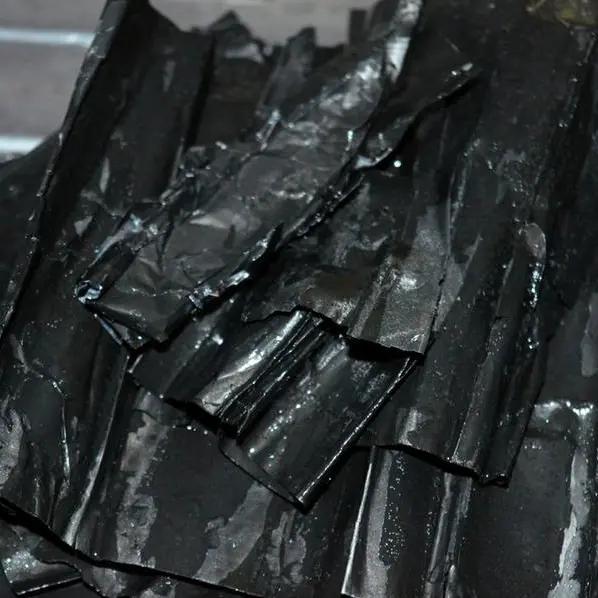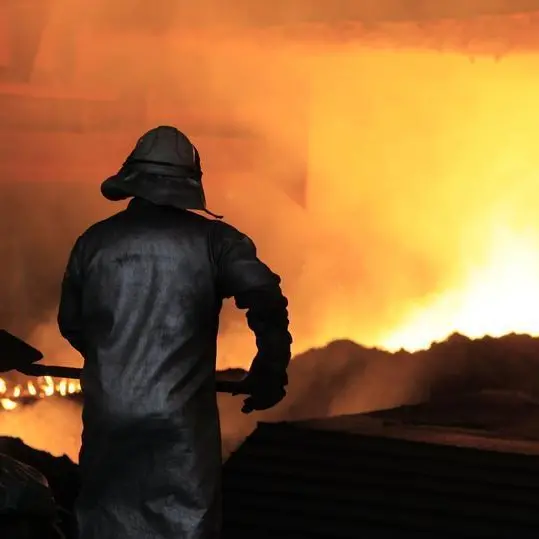PHOTO
Tetra Pak Arabia, a subsidiary of Swedish-Swiss food processing and packaging multi-national Tetra Pak, is pushing to scale the recycling of paper-based cartons as it aims to become the world’s most sustainable food package provider. The company has been supplying to 25 countries in the Middle East, Europe and Asia.
In an interview with Zawya Projects, Niels Hougaard, Managing Director of Tetra Pak Arabia shared how the company is seeking opportunities across the entire recycling value chain.
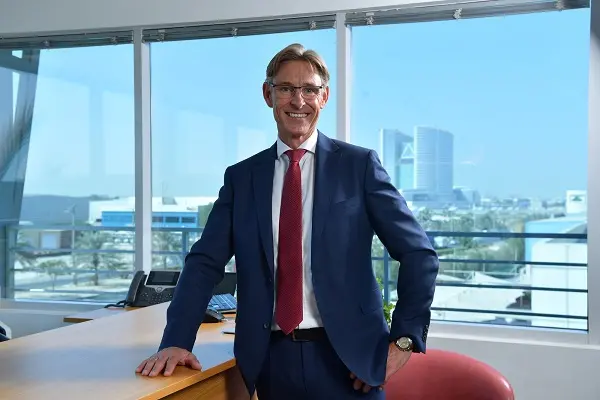

Excerpts:
What’s your take on the Middle East’s Food and Beverage (F&B) packaging sector?
The Food and Beverage (F&B) packaging industry tackles one of the most basic human needs: nutrition. Today’s consumers are more environment-conscious than ever and the demand for sustainable packaging solutions is expected to grow in 2022. This often means utilising supplies that are recyclable, compostable, biodegradable, or sustainable. Lightweight, recyclable corrugate is an excellent opportunity for sustainable packaging that can also be printed on – to raise awareness about both the brand and its commitment to sustainable practices.
Governments in the Middle East countries have initiated several programmes to educate consumers on the importance of recycling and sustainable consumption habits.
How are you achieving your sustainability goals for your products and their manufacturing processes?
Tetra Pak supplies most of the carton packaging material for Saudi Arabia and exports to customers in 24 other countries in the Middle East, Europe, and Asia. In the region, our ISO 14001-certified Jeddah factory undertakes various environmental activities such as waste recycling and efficient energy management.
We are working to voluntary sustainability standards, such as those from the Forest Stewardship Council (FSC). So, 100 percent of our packages are FSC-certified, meaning that the forests where we source our raw materials are managed in a way that protects biodiversity and ensures renewability.
On average, more than 70 percent of our packaging material is made from long, strong paper fibres that can be recycled several times. The thin layer of polymers – or plastics – in our beverage cartons can be blended with other polymers and turned into new products, such as roofing tiles, crates, carton boxes and more.
Since 2011, we have installed around 3 megawatts of solar photovoltaic, delivering low carbon electricity whilst saving operational costs. In addition, we have set an ambitious target to source 100 percent renewable electricity by 2030, through a public commitment to RE100. In 2019, the use of renewable electricity across our operations reached 69 percent.
We have committed to net-zero carbon emissions across the entire supply chain by 2050, including in the Middle East.
Looking ahead, as outlined in Sustainability Report released last year, we have set additional ambitious commitments, such as reaching 46 percent GHG reduction across the value chain by 2030, in line with a 1.5C pathway, launching a fully renewable aseptic package by 2023, and achieving a 70-percent recycling rate in Europe by 2025.
How do you ensure your entire value chain follows sustainability practices?
The ideal food package is a package that takes into consideration the basic needs of people, while keeping food safe and the planet unharmed. It is challenging to ensure the sustainability of a package across the entire value chain.
At Tetra Pak our ambition is that all packages are collected, recycled and never become litter. To achieve that, we are working collaboratively across the recycling value chain to design for recycling, drive consumer awareness and engagement, support collection and sorting, expand recycling capacity and solutions, grow recycled material use and applications.
What kind of partnership do you have to achieve your sustainability goals?
We have been collaborating with key industry stakeholders in Saudi Arabia to provide recycling solutions for our packages.
In 2018, we joined forces with Obeikan Paper Industries (OPI), the biggest paper mill in Saudi Arabia and one of the biggest in the Middle East, that produces 180,000 tonnes of duplex board annually, to recycle used beverage cartons and turn them into valuable raw materials for new products.
This year, we have also signed an agreement with the Saudi Top Plastic (STP) factory, one of the leading plastic recycling plants in the region, to recycle ‘Polyethylene and Aluminium Polymers’ resulting from recycling our used carton packages.
What impact does the pandemic have on the food packaging industry?
The pandemic has pushed the industry to innovate solutions that address the increased demand for food safety among consumers while carrying on the global sustainability journey.
At Tetra Pak, we believe the world’s food systems need to transform to meet the future needs of society, improving food security while reducing the impact on natural resources. We, therefore, aim to focus on three key areas: increasing access to safe, nutritious food; reducing food loss and waste; and building more sustainable value chains.
(Reporting by SA Kader; Editing by Anoop Menon)
